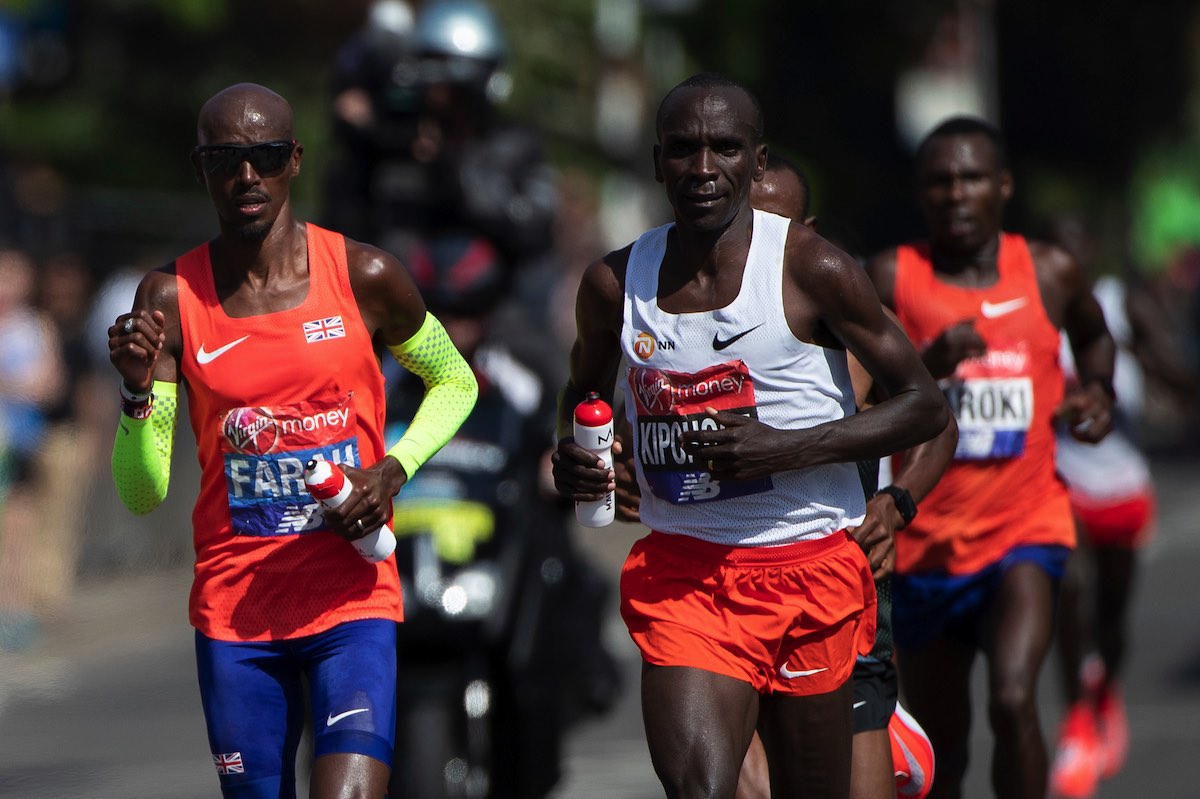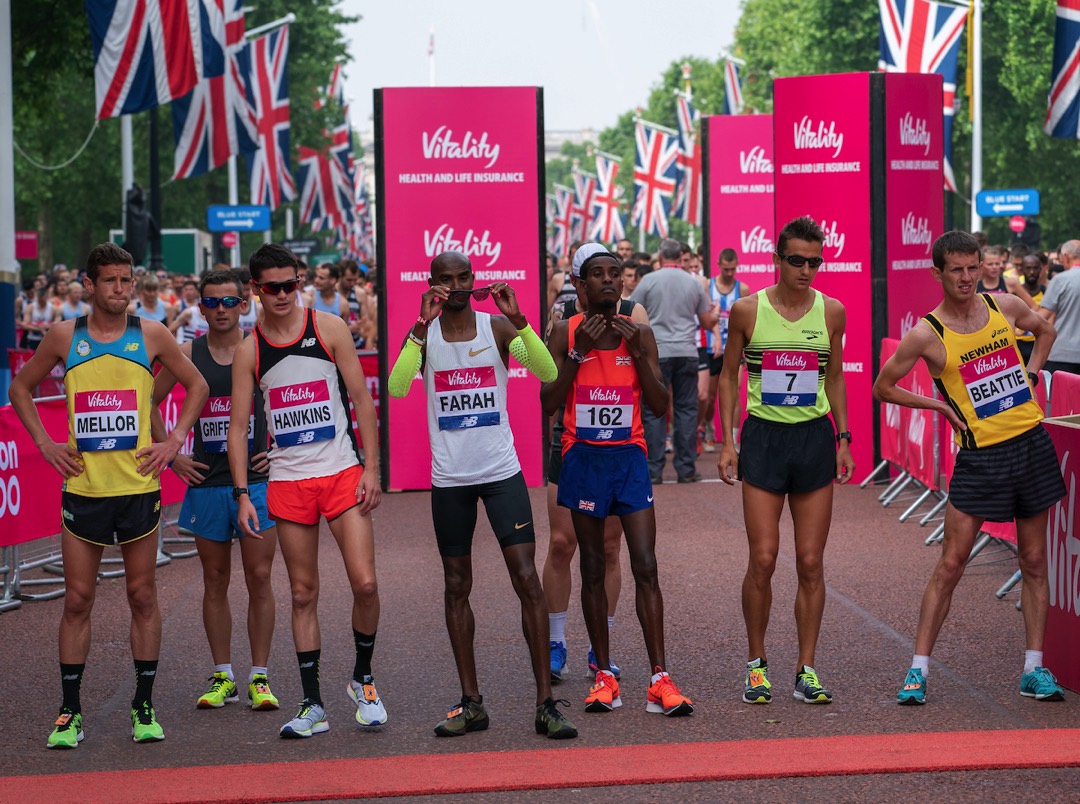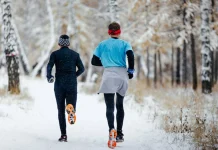
Photo: Ian Walton for Virgin Money London Marathon
Runners who are training for marathons often notice that their preparation can be consistently interrupted by illness. Athletes who are in the early stages of preparing for long races usually have to deal with colds and cases of the flu after a few hours of running. This forces them to take a little break so as to beat the illness. After recovery, they take to the track again. A few days later, another illness usually emerges. What causes these problems and is it possible to prevent them from occurring during training? Here is more about this.
The connection between intense exercise and sickness
An interesting fact is that the fitter you get, the higher your chances of getting sick. That’s because your body becomes less capable of fighting illnesses. Every time that you exercise hard, the amount of steroids in your body increases. These steroids include adrenaline and cortisol. These hormones decrease the effectiveness of the immune system by delaying its responsiveness. This phenomenon is known as the post-exercise immune suppression.
In most cases, this suppression normally leads to upper respiratory tract infections. Examples of these are colds, coughs, flu and chest congestion. These infections are usually caused by parasites. Dr. Jay Davidson from Microbe Formulas warns that protozoas, a type of parasite, can multiply, which can make your infection more serious. Intense exercise also causes inflammation in the body. Your tendons and joints get inflamed. The body combats this condition by releasing these hormones. As a result, your immune system gets compromised by microbes and you end up getting sick. As a matter of fact, your body’s immune system is significantly weakened for a couple of hours after strenuous exercise. Thankfully, there are ways to combat this phenomenon.
Protective measures that you can take
- Protect your body during the few hours after intense exercise
Seeing as there is a marked reduction in immune system function for a few hours after extreme exercise, it is important to protect yourself during this period of time. Try your best to avoid environments that could be rich in germs. Also, avoid contact with people who are already suffering from illnesses such as coughs and colds.
- Resume your training with lower intensity
If you are resuming your training after a bout with a cough or a cold, it is important to begin slowly and build up the intensity slowly. Perform some short, intense runs instead of long ones. By sprinting or jogging over short distances, you will still be able to build up ample fitness without straining your body too much. After you have recovered fully, longer runs can now be performed. Even after regaining the health and fitness to run for long distances, it is important to observe caution. Take frequent rests and pace yourself to avoid overstretching your body.
- Get immunized
An effective way to prevent the onset of flu or a cold during your training is to get immunized. A flu jab can guarantee that you will not suffer from respiratory problems while training for a marathon. To ensure its effectiveness, avoid training on roads or locations where you are prone to inhaling toxins.
- Eat right
If you are training for a marathon, it is important to maintain the correct diet. Make sure that the food you eat is rich in carbohydrates. They are usually broken down into glucose. This is the most ideal energy source for muscles in our bodies. To get ample starch, consume foods such as bread, bananas, pasta and rice. This will prevent the onset of post-exercise immune suppression. In doing so, your body will be protected from flu, colds or coughs after you exercise.
- Practice good hygiene
The simplest way to avoid suffering from illnesses after intense exercise is hygiene. Many of the microbes that can be absorbed through the skin or inhaled, usually fester or multiply in contaminated areas. Examples of these are gym lockers, faucets, puddles or humid fitness wear. These areas create a perfect environment for the growth of disease-causing microbes. Coming into contact with them can expose you and result in infection. As such, practice good hygiene at this moment when you are prone to infection. Avoid stepping into puddles and wipe your hands off with antibacterial wipes after touching the lockers or faucets. In addition to that, clean your gym clothes regularly and make sure that they are completely dry before you wear them again. The same should be done in your shoes.
Many runners have to deal with respiratory problems after resuming their training sessions. The illnesses make it difficult to train or even cause the runners to stop training altogether. This problem is caused by post-exercise immune suppression. Thankfully, this condition can be prevented by using the tips described above. They are borrowed from some of the greatest athletes today. As such, they are guaranteed to be effective. By eating right and pacing yourself, you can prevent the onset of illness and train like a star.































lovely work
nice work awesome work
for more plan idea visit:………………….
https://nutritionlord.blogspot.com/2019/10/how-to-protein-diet-menu-for-protein.html
sites:https://nutritionlord.blogspot.com